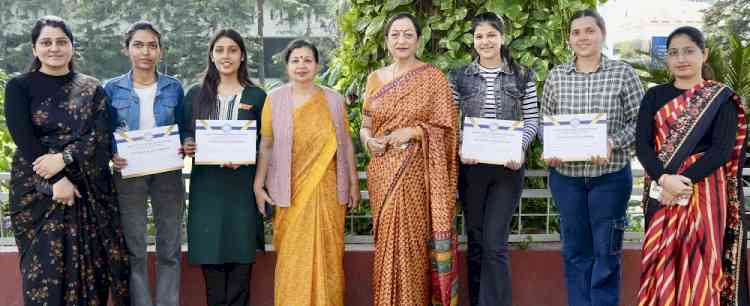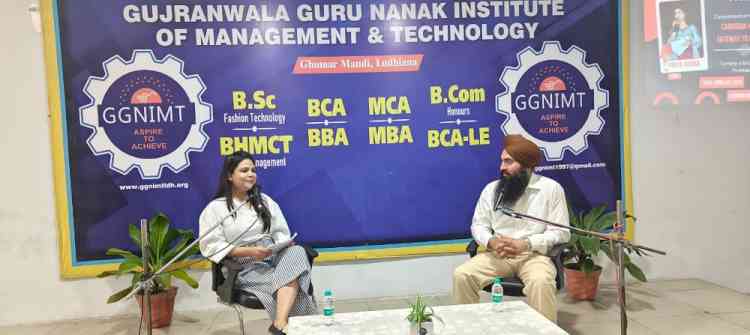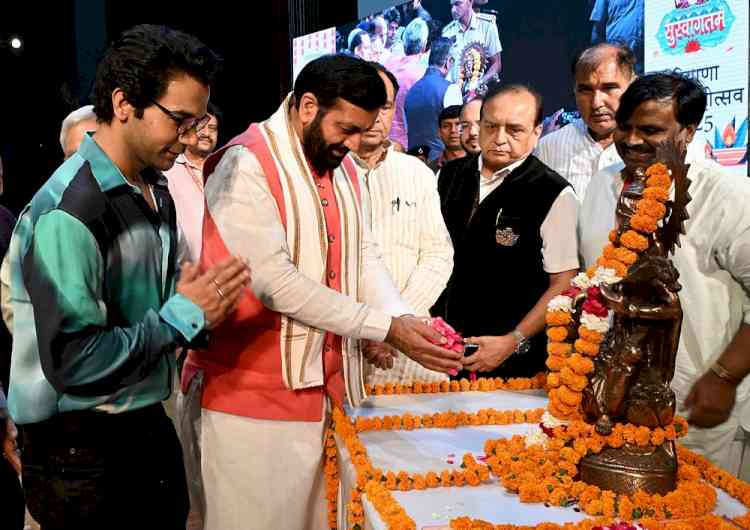Public policy administration needs a lot more investment and professionalism: P Thiaga Rajan
TN’s Finance Minister also calls for better sharing of data between Centre & States

Mumbai: In his special address, on August 23 evening, on Federalism, at the XVI International Conference on Public Policy and Management, hosted by the Centre for Public Policy at IIM Bangalore, Dr. Palanivel Thiaga Rajan, Minister for Finance and Human Resources Management in the Tamil Nadu Government, focused on the complexity of administering public policy. “We need a lot more investment and professionalism in the area of governance,” he said.
Stepping back to the time he forayed into public administration from the world of international banking, Dr PTR said he had assumed that running the government would have access to performance data, institutional memory, and infrastructure/ systems. “I took institutional knowledge/ memory for granted, but I got the biggest shock when I assumed office. In administration, we don’t have the continuity or institutional knowledge/ memory that a simple small business would have built into it.”
He said while the bureaucracy – deemed IAS and the exam-written IAS cadre – has a direct connection with ministers, there is adequate continuity in administration as they are rotated. “The ministers and the bureaucrats keep changing. The continuity happens only below the cadre of IAS officers – who are rarely in direct contact with the ministers. Adding an additional layer to this complexity is the fact that there is no efficient data, dashboard, record keeping or electronic infrastructure. The net result is that you have a system which is in constant flux. Another part of the problem of complexity is the proliferation of boards, corporations, agencies, and entities, created by politicians who are searching for short-term solutions, or a relatively quick and easy way to leave a legacy, without these entities being backed up with adequate management capabilities or adequate infrastructure. This results in failure of governance, poor performance and poor explanation to the people, who then begin to feel excluded and alienated from the growth story.”
Dr PTR said he sees, across the world, an increase in anti-science and the anti-intellectual. “When there is a lack of governance, the easiest thing for politicians to be is to be populist. But, the time has come to understand the complexity in policy administration and fix it through the application of data and communications technology, among other things.”
On the need to rethink and reimagine the use of resources, he used the example of land. “Land is a huge, under-utilised asset in most states and the lack of land banks is a big barrier to industrial growth,” he said, pointing out that, for example, there was no need for huge tracts of land to be allotted for official housing for government officers and ministers in prime parts of a city.
On the subject of taxation, he said, in his opinion, the only lever for a socialist or development-oriented country is direct taxes, which can be progressive. “There should be a devolution of direct taxes to the states,” he remarked.
On the skillsets that he, with his education and exposure brings to public policy and administration, Dr PTR said that compassion, empathy, and an open mind were of greater importance and impact than qualifications, technical skills, or experience. With the later, any administrator could enhance their productivity and effectiveness by “taking inputs from the top specialists in every field before you make your decisions,” he said, adding that his government had begun the process of engaging with experienced specialists in every field as well as paid interns from law schools, management schools and graduate schools who will bring in fresh ideas.
The Q&A session, following the talk, was moderated by Prof. MS Sriram, Chairperson, Centre for Public Policy at IIMB.


 cityairnews
cityairnews 








